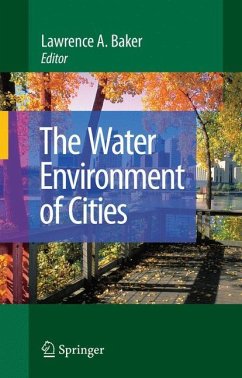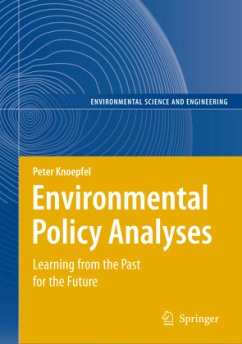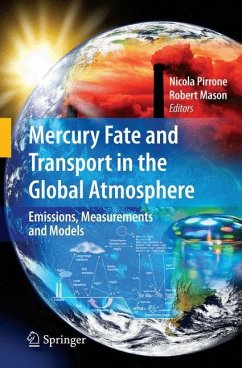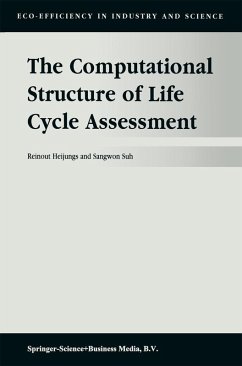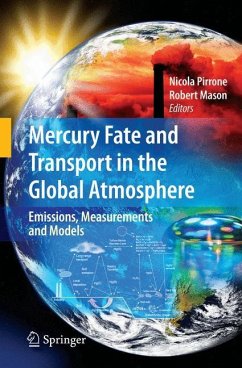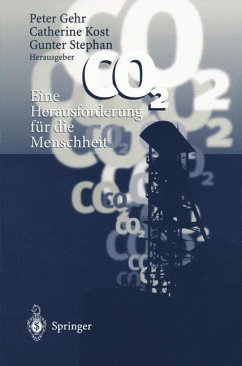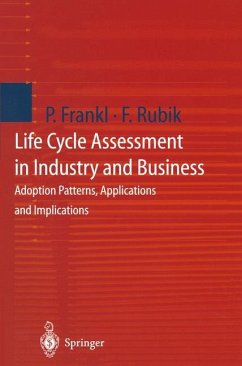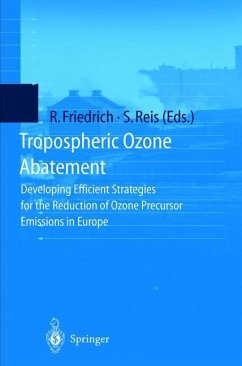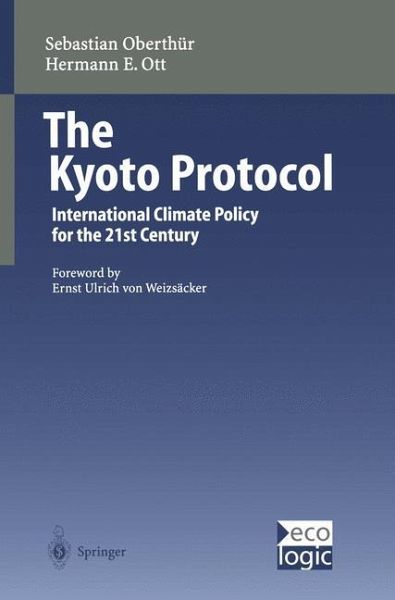
The Kyoto Protocol
International Climate Policy for the 21st Century
Mitarbeit: Tarasofsky, R.G.; Weizsäcker, E.U. von
Versandkostenfrei!
Versandfertig in 6-10 Tagen
113,99 €
inkl. MwSt.
Weitere Ausgaben:

PAYBACK Punkte
57 °P sammeln!
The adoption of the Kyoto Protocol in December 1997 was a major achievement in the endeavour to tackle the problem of global climate change at the dawn of the 21st century. After many years of involvement in the negotiation process, the book's two internationally recognised authors now offer the international community a first hand and inside perspective of the debate on the Kyoto Protocol. The book provides a comprehensive scholarly analysis of the history and content of the Protocol itself as well as of the economic, political and legal implications of its implementation. It also presents a ...
The adoption of the Kyoto Protocol in December 1997 was a major achievement in the endeavour to tackle the problem of global climate change at the dawn of the 21st century. After many years of involvement in the negotiation process, the book's two internationally recognised authors now offer the international community a first hand and inside perspective of the debate on the Kyoto Protocol. The book provides a comprehensive scholarly analysis of the history and content of the Protocol itself as well as of the economic, political and legal implications of its implementation. It also presents a perspective for the further development of the climate regime. These important features make this book an indispensable working tool for policy makers, negotiators, academics and all those actively involved and interested in climate change issues in both the developed and developing world.




